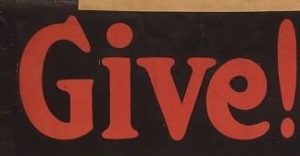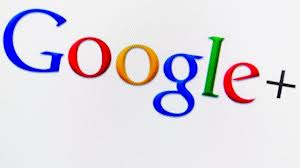The end goal of marketing is to help a company make more sales. Each company must determine the best intermediary goals their marketing should accomplish in order to reach that point. But to be successful, marketing must aid in creating a more profitable business.
Nonetheless, marketing serves a different role than sales does. Sales is about getting a person to cross that final line of making a purchase or signing a contract. Marketing is about getting them to the line to begin with. If you meet a new guy at a party and he spends a lot of time talking about how awesome he is, you probably won’t walk away from the conversation convinced. If you hear from your good friend Joe how awesome this guy is, or if he impresses everyone at the party with great jokes and stories, he’s a lot more likely to win you over as someone worth knowing.
In the same way, a business offering up a sales pitch about how great they are won’t gain much traction without a reputation to back that up.
Marketing (alongside the equally important customer service) is an important tool in building that reputation. You have to:
a) Make sure people know your company exists (and what you do), and
b) Build up enough trust that you’re the first place they’ll turn when they need what you offer.
To do so, you have to focus less on yourself and how great what you have to offer is, and think more about what the customer needs and how you can help.
…It’s About Giving
 The secret is that you have to set ego to the side and focus on providing something of value. You should already be doing this for current customers, whose testimonials and positive word of mouth are some of the best marketing tools in your arsenal. To attract new customers and gain their trust, you need to think about what you’re willing to offer them for free that will demonstrate your knowledge and integrity.
The secret is that you have to set ego to the side and focus on providing something of value. You should already be doing this for current customers, whose testimonials and positive word of mouth are some of the best marketing tools in your arsenal. To attract new customers and gain their trust, you need to think about what you’re willing to offer them for free that will demonstrate your knowledge and integrity.
In many cases, this means content. Turn the expertise and good ideas you have into blog posts, articles, videos and other forms of informational tools that answer questions your prospective customers are likely to have.
It could also mean a free version of your product with lighter features than the paid version. If you’re a service provider, this could take the form of a free consultation that gives potential clients a taste of your expertise tailored to their needs.
None of these forms of giving are selfless. They’re designed to help you gain attention for your business and build a reputation around your expertise. Even so, isn’t it nice to embrace a business approach that doubles as doing something good for people?
Know Where to Draw the Line
Ok, so giving plays an important role in good marketing, but you’re still running a business. You have to approach your giving with a strategy in mind.
If you’re providing a free version of your product, decide just how much functionality you’re comfortable giving away before users have to upgrade to the paid version.
If your focus is more on content, most of what you produce should be focused on value for the consumer, but some of it can be about you. MacKenzie Fogelson recommends the 80/20 rule when it comes to social sharing. The same can be reasonably applied to the content you produce.
If 80% of your content is all about helping your target audience, 20% can be about product updates, special deals, and other forms of promotion. If you do enough preliminary work to gain the customer’s trust, those pitches will only be getting to an audience already interested in what you do. By that point, you’ll be the guy at the party with Joe’s recommendation and the stream of jokes that have already made everybody laugh, and people won’t be as inclined to doubt you’re as awesome as you say you are.



